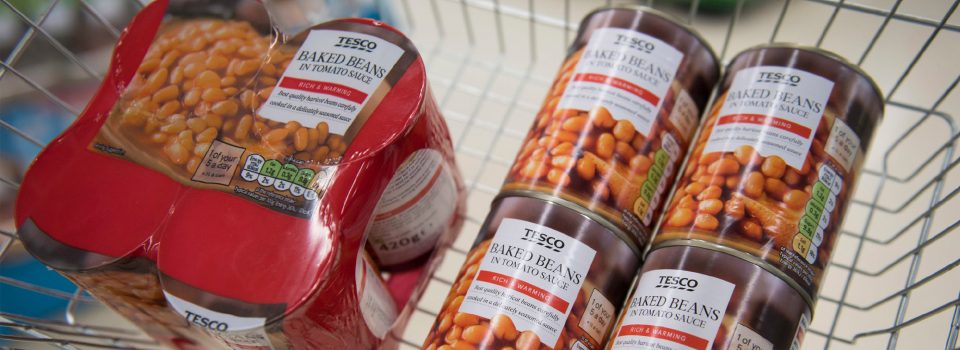Tesco has now removed more than two billion pieces of plastic from its UK business since the launch of its 4Rs – Remove, Reduce, Re-use, Recycle – packaging strategy in 2019.
In the last 12 months alone, 500 million pieces of unnecessary plastic have been identified and removed. The most recent annual savings include:
- More than 30 million plastic yoghurt lids removed
- Over 29 million pieces of plastic removed from limescale tablets packaging
- Nearly 24 million plastic windows removed from doughnut packaging
- Nearly 9 million pieces removed from nappy packaging
Tesco Responsible Sourcing Director Kené Umeasiegbu said: “We all have a responsibility to take care of our planet and removing unnecessary plastic is an important way that Tesco can reduce its environmental impact. As well as taking action in our own operations, we want to work with the whole industry to continue to build on the progress we’ve made to Remove, Reduce, Reuse and Recycle more.”
Based on learnings from progress we’ve made so far, Tesco has today published a major new strategic report, detailing efforts needed by retailers, industry and government to help transform the UK’s approach to packaging. Ideas include:
- Creating a level playing field when it comes to removing packaging in produce
- Supporting government efforts to introduce consistent kerbside recycling
- Ensuring a deposit return scheme is viable and sustainable
- Create industry moment on reusable packaging solutions
Tesco’s 4Rs packaging strategy aims to remove plastic where it can, reduce where it can’t, reuse more and recycle what’s left.
Since 2019, Tesco has removed:
- More than 200 million bags from Tesco.com deliveries
- Over 67 million tinned multipacks no longer plastic-wrapped
- 50 million pieces of plastic from branded beers and ciders
- 42 million plastic forks from prepared salads and rice bowls, replaced by the option of wooden alternatives
- 14.2 million pieces of plastic saved by removing plastic chicken trays from whole chickens
The 4Rs strategy has seen a business-wide programme of change that assesses every piece of packaging and removes all unnecessary and non-recyclable material. Tesco initiated action by giving its suppliers a list of preferred materials that are easier to recycle and stated that it reserves the right to no longer stock products in excessive packaging or hard to recycle materials. The retailer then supported its suppliers to develop more sustainable packaging solutions.



